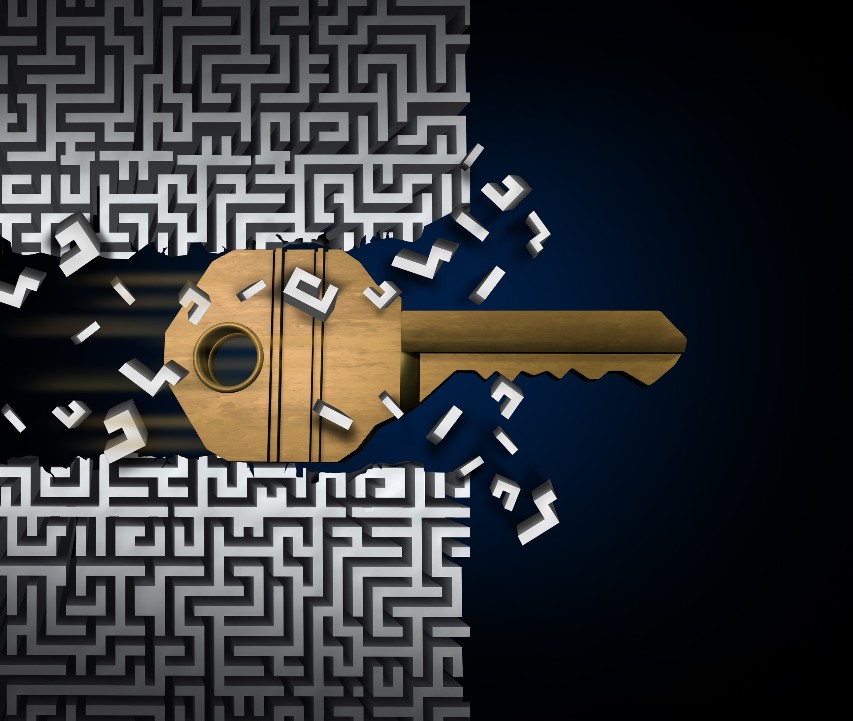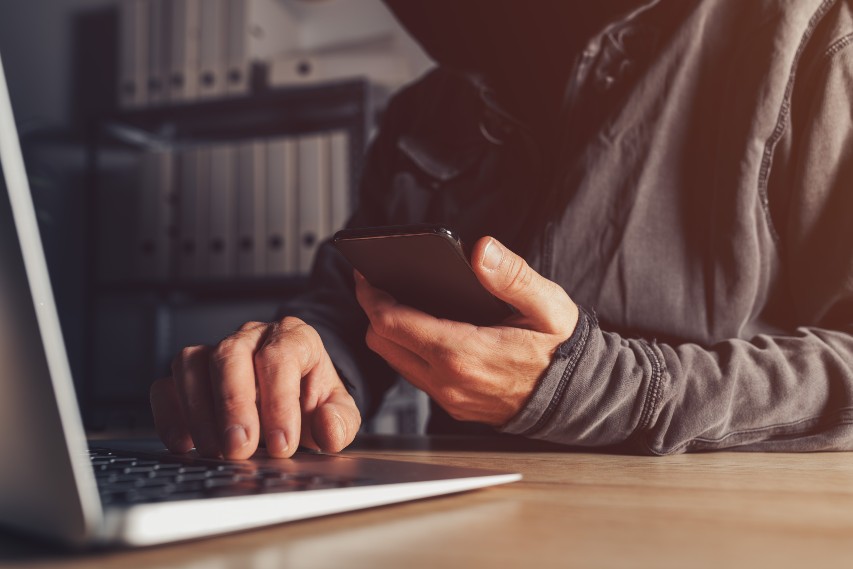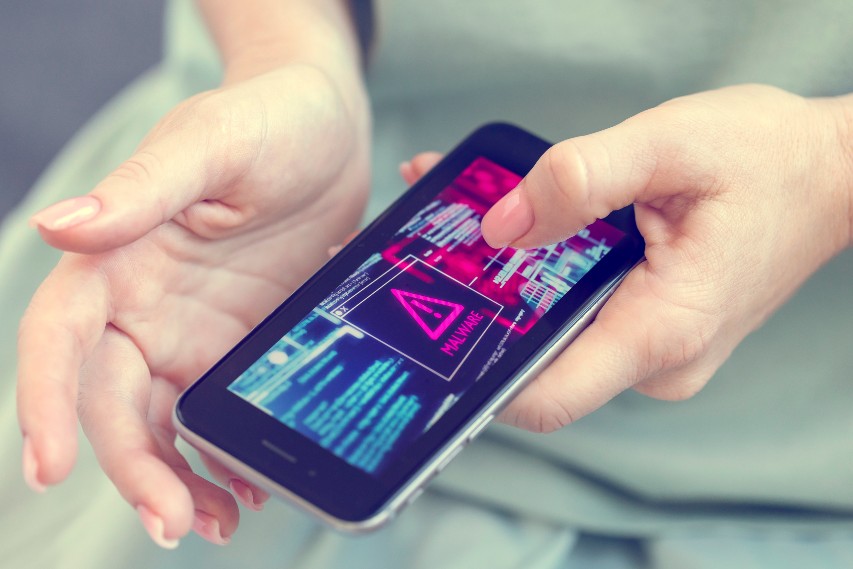
Device jailbreaking has become a big topic in recent years, as an increasing number of individuals seek to modify their smartphones and tablets beyond the limitations set by their operating systems.
Jailbreaking helps users to access features and programs that are not available on their devices, but it also presents security and legal problems. We will look at the world of jailbreaking and how digital forensics is utilized to unlock these devices in this article.
What Is Jailbreaking?
Jailbreaking is the practice of eliminating software constraints imposed by a mobile device’s manufacturer or carrier, such as a smartphone or tablet. When a device is jailbroken, it can run software and apps that have not been approved by the operating system’s provider, allowing users to circumvent the limitations that come with their device.
Users can jailbreak their smartphone to personalize its appearance and operation, install apps from third-party sources, and access hidden features and settings. However, this voids the device’s warranty, exposes it to security concerns, and may violate the terms of service or copyright laws.
Why Would One Jailbreak A Device?

Someone may wish to jailbreak their device for a variety of reasons. Users with jailbroken devices can install apps and changes not accessible in the official app store, increasing the device’s usefulness. Furthermore, this can be valuable in digital forensics investigations.
Digital forensic investigators can use innovative techniques to recover data that has been erased and otherwise destroyed due to jailbreaking an electronic device. Through these measures, texts, photographs, and more are able to be revealed- providing a window into information hidden by the device’s security features. This goes to show that whatever you may delete from your device, never truly remains deleted.
However, it is vital to note that jailbreaking might also change the data on the device, resulting in jeopardizing the evidence’s integrity. As a result, digital forensic analysts must take caution while using a jailbroken device and ensure that suitable protocols are followed to ensure the accuracy of their findings.
Despite these obstacles, jailbreaking remains a valuable tool in the digital forensics world, allowing analysts to recover critical information that might otherwise be destroyed.
Is Device Jailbreaking Legal & Safe?
Whilst jailbreaking is legal in some places, it is crucial to research your local laws before doing so. The 2010 Digital Millennium Copyright Act (DMCA) in the United States, in particular, allows device jailbreaking as long as they are used for non-infringing reasons. The DMCA does not offer protection if the goal of the jailbreaking is malevolent and infringing.
There are hazards associated with jailbreaking in terms of safety. One of the biggest hazards is that the device is vulnerable to malware and viruses as a result of the device’s current lack of protection. Furthermore, a jailbroken device is more likely to start running slower, resulting in your device crashing, freezing, and experiencing other performance difficulties.
Crucial Role Of Digital Forensics In Jailbreaking
Digital forensics, particularly in the realm of mobile device forensics, is critical in the process of jailbreaking devices. Cell phone jailbreaking can be used to circumvent mobile device security mechanisms, allowing forensic analysts to access erased data and recover vital evidence.
Even if a device has been locked or destroyed, digital forensics techniques can be utilized to recover data from its memory chips. Furthermore, forensic investigators can employ software-based techniques to remotely jailbreak a device, giving them access to data that would otherwise be inaccessible.
Challenges Faced In Device Jailbreaking

While jailbreaking a device can be a useful tool for forensic analysts in accessing data and recovering evidence, it also comes with a number of risks. First, jailbreaking has the potential to modify the data on the device, making determining the integrity of the evidence challenging.
Furthermore, digital device jailbreaking can expose them to subsequent security breaches and compromises, potentially resulting in the loss or destruction of evidence. Further, jailbreaking a cellphone may make it impossible to verify when and how the device was altered, complicating the chain of custody for evidence.
Finally, there is the possibility of legal and ethical issues when jailbreaking a device for digital forensics purposes. Jailbreaking a smartphone or device may be unlawful in some regions or violate the device’s manufacturer’s terms of service.
Professional Device Jailbreaking Services By Techfusion
Device jailbreaking can be an excellent approach to acquiring access to deleted data or messages and can be useful in digital forensics investigations. Our digital forensics investigators at Techfusion have all of the required skills and tools to successfully jailbreak devices.
Call us at 617-284-6007 or reach us online to discuss our jailbreaking device services.